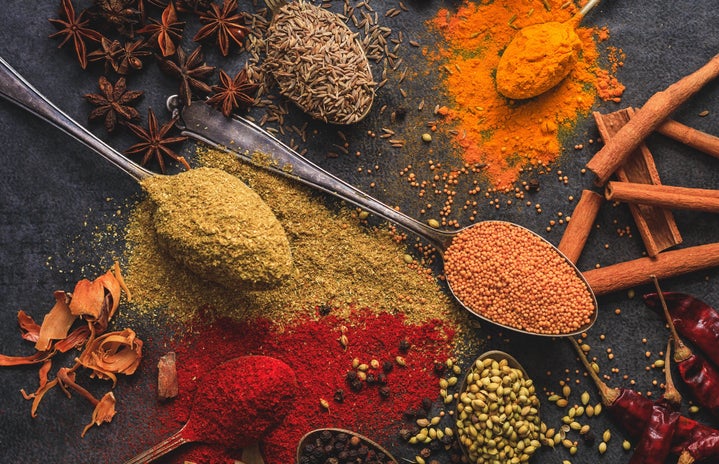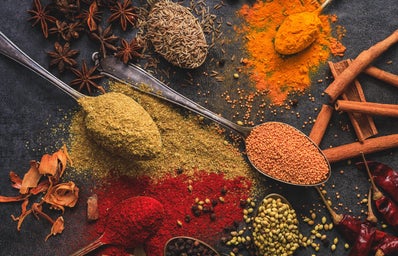In September 2020, the Indian government passed three new farm laws, all of which disproportionately benefit private companies to the detriment of farmers (who make up around 600 million people in India). Unsurprisingly, the situation has caused outrage and deep-rooted frustration amongst farmers across the country.
The laws
Understanding the three laws is vital for grasping exactly what the Indian farmers’ protest is all about. In the interest of giving a brief overview, I have outlined the key tenets to the legislation and how its implications are perceived by farmers:
The Farmers’ Produce Trade and Commerce (Promotion and Facilitation) Act changes the way farmers sell their commodities. This act abolishes the minimum guarantee price system (called a Mandi system in India), thus leaving farmers at the mercy of corporations who can exploit them by forcing lower prices – essentially slashing farmers’ income. For farmers, the law is comparable to the removal of a minimum wage system.
The Farmers (Empowerment and Protection) Agreement on Price Assurance and Farm Services Act affects the way that farmers are able to sell their products. According to this law, an agreement between the farmer and the corporation will be made to arrange the price of farming produce, establish a minimum and maximum period for the agreement, and will have a dispute settlement mechanism for disagreements between the corporation and the farmer. However, the main concern with this law is the lack of bargaining power small-scale farmers would have in comparison to large-scale corporations.
The Essential Commodities (Amendment) Act modifies the way farmers store their commodities by imposing a stock limit on agricultural produce based on any price rises.
While these laws may appear advantageous to both parties, AlJazeera journalist, Rashpinder Singh highlights their flaws: “it is preposterous to believe that farmers who have small landholdings will have any bargaining power over private players.” The laws represent the government’s continued neglect of farmers’ concerns or interests and its inability to take them into account. This is evident because of the capacity for the laws to alter the way farmers produce, stock, and sell their commodities to a devastating extent.
What happened?
Setting up a blockade around the capital city of Delhi in an attempt to force the government to repeal the laws, over 250 million farmers and supporters joined in on one of the biggest nationwide protests ever.
News footage of the protestors shows them crowded in camps, with some demonstrators going on labor and hunger strikes, and violent clashes breaking out with police. As of February 2021, the protests are still going strong and have led to significant disruptions in global and domestic supply chains.
In a statement to the press, PM Modi stated that his government would delay the laws, but had no intention of repealing them (despite the demonstrations by those actually affected by these laws). In the government’s view, the laws will modernize the agricultural industry.
What this means and why it is important
The protests exemplify the Indian government’s massive human rights violations on multiple levels under the name of the world’s largest democracy. Under PM Modi, the Indian government has been arresting protestors en masse and denying bail for many. They have also been stifling the voices of people who disagree with the farm laws. In fact, a popular stand-up comedian was put in jail and denied bail for a joke he supposedly made. Journalists and reporters are policed and have been taken to court with accusations that their information and opinions shared on personal social media accounts were ‘misleading.’ The government has also engaged in blocking the internet and censoring information, authorizing police to use tear gas on demonstrators, and encouraging condemnation and hate speech against international human rights groups, activists, and persons in support of the farmers. Furthermore, upon government orders, police have erected barricades, barbed wire, and planted spikes to prevent protestors from entering New Delhi. They have also cut off electricity, water, and internet to some of the camps, as well as restricted journalist access to the protesters.
Unfortunately, the series of oppressive actions committed by the government are not exclusive to the Indian Farmers protest; similar oppression and human rights violations occurred in the Kashmir matter in 2019 and in the 1970s and 1980s when Punjabi Siks held similar protests for better government support of agriculture.
The effects of the violation also really call into question international responsibility and represent a threat to democratic institutions.
Everyone’s problem
An important distinction to make is that the Indian Farmers’ Protest is not exclusive to India. Given the current climate of the pandemic, it is important to recognize the value of listening to and supporting essential workers.
Kiren, a British citizen, expressed her solidarity with the framers to CNN: “They’re [the farmers] the ones who are providing food internationally – the grains, the turmeric, the wheat… a big proportion of it does come from India.” Indeed, India produces and exports about 68% of the world’s spices and pantry staples, along with many other basic commodities. This includes pepper, cardamom, chili, ginger, turmeric, coriander, cumin, garlic, curry powder, fennel, basmati rice, textiles such as cotton, silk, and denim, as well as herbs and medicine for Ayurveda. The main production for most of these goods happens in states like Punjab, Haryana, and Delhi — where the farmers are also protesting.
The Indian farmers are responsible for supplying so much of the food and flavor we have today, and it is only right that they receive fair treatment and compensations for their contributions, and that we support them in receiving it.
How to help :
- Raise awareness whenever you can – this is a good way to get everyone talking and to heighten international pressure on the Indian government to value and listen to the demands of their farmers, and hence revoke the laws that will significantly reduce the earnings of small scale farmers and drive them into poverty.
- Donate to support the protestors who are living in camps on the outskirts of New Delhi – Khalsa aid
- Pressurize and email your local government officials to stand up for the farmers – the more pressure, the better



